Minister of Finance, Budget and National Planning, Mrs. Zainab Ahmed, has disclosed that Nigeria requires about $3 trillion over the next 30 years to sufficiently address its infrastructure deficit.
The finance minister added that Nigeria currently have a pervasive revenue generation problem, that must change to successfully finance the nation’s development plans.
Mrs. Ahmed, who made the disclosure at Nigeria Governors Forum (NGF) peer learning event in Abuja, further raised alarm on how under funding is threatening the actualization of the Economic Growth and Recovery Plan (ERGP), and other development plans of the government.
Represented by a director at the Ministry, Dr. Israel Igwe, Mrs. Ahmed said: “Regarding the 2019 Budget, as at 30th June, the actual aggregate revenue as per our Fiscal Accounts was N2.04 trillion, indicating a revenue shortfall of 42 percent, to under-performance of both oil and non-oil revenue targets.
“Similar revenue shortfalls have been experienced since 2017, when the ERGP was launched, resulting in serious deviations from our targeted revenue and expenditure projections.
“To achieve all these, the country needs fiscal sufficiency and buoyancy, which must come through domestic revenues for it to be sustainable.”
Mrs. Ahmed noted that the country not only has one of the lowest VAT rates in the world, but also have weak collection inefficiencies.
She said: “The country lacks the ability to efficiently and to a reasonable degree, completely collect taxes from its non-oil economic activities.
“Nigeria when compared with peers shows that we are lagging on most revenue streams including VAT and excise revenues, as we not only by far have one of the lowest VAT rates in the world, but weak collection efficiencies.
“The key question is why do we keep performing poorly? And what can we do differently this time to effectively turnaround without any relapse even in successive governments?
“Simply put, we have very low effective tax rates, archaic tax laws that are not evolving at commensurate pace with businesses, leakages in our revenue collection systems, low tax compliance rates and poor tax moral to mention a few. With numerous complex issues at hand, Nigeria must do things differently which requires robust, tough, weII-coordinated and multi-faceted reforms.”
NGF Chairman, Kayode Fayemi, in his welcome remarks charged state commissioners of finance on the need to expand the revenue base, so that governors can provide to citizens quality health care and education, world class infrastructure in addition to providing social safety to the underprivileged.
According to him, the recent fiscal crises of 2015 and 2016 proved that over the years, the country has not done enough to reduce dependence on oil, adding: “We must work towards closing the wide revenue gap in order to position the country to meet the growing development needs.
Also speaking, World Bank Director, Shubham Chaudhuri, decried the low level of revenue mobilisation in Nigeria, noting that raising GDP will ultimately lift Nigerians out of poverty.
He urged the government to invest in both human and infrastructural development, noting that the investments would require a lot of revenue.
He said: “Raising Nigeria GDP is important because ultimately lifting Nigerians out of poverty, will require private investment for job creation. The role of government is to do two things; Invest in Nigeria people that is the youths, the children, health care, education, social protection and two is to invest in infrastructure which requires revenue.”













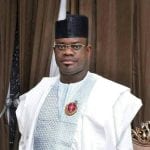
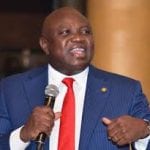









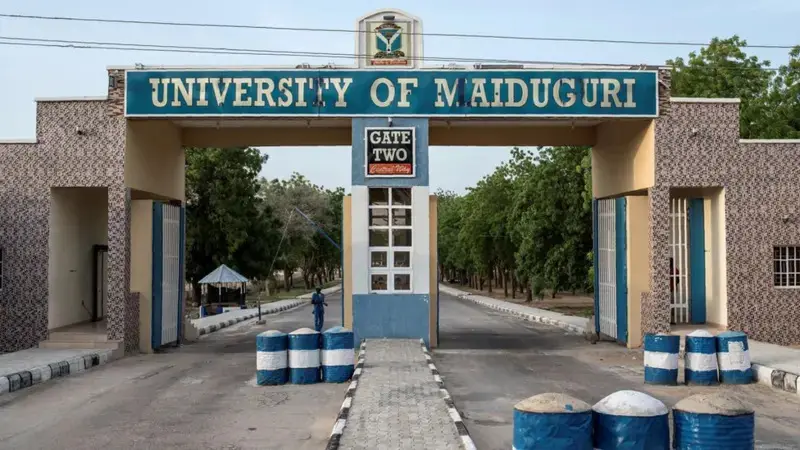

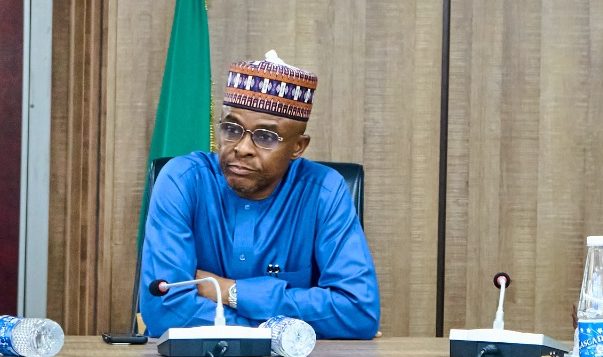
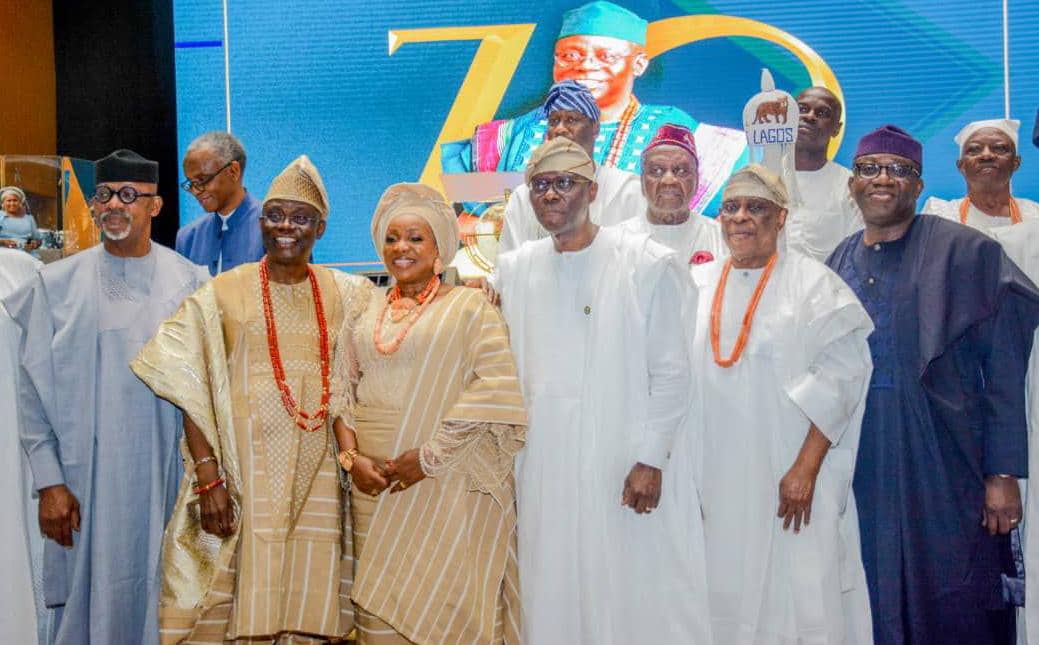
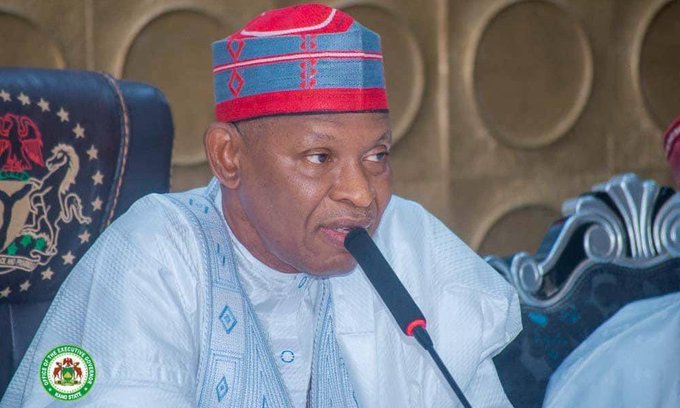
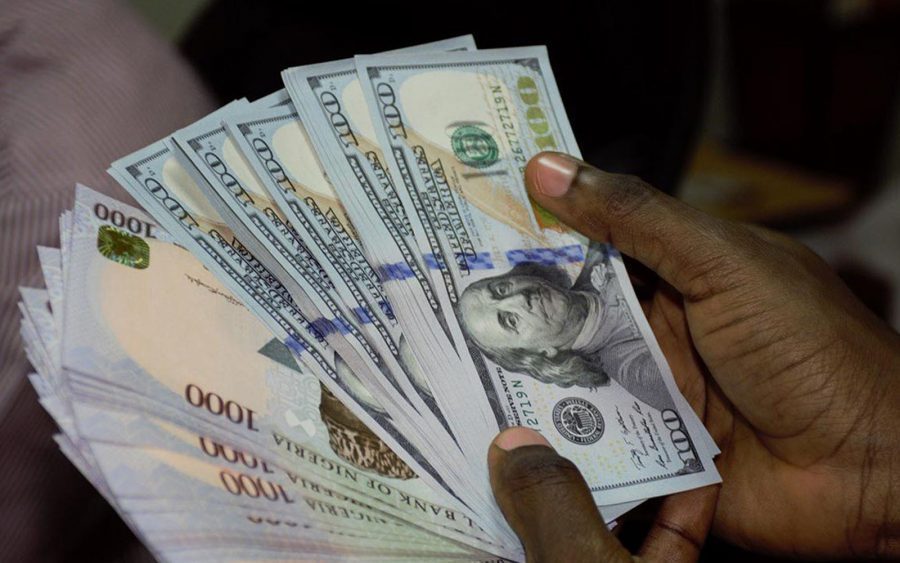
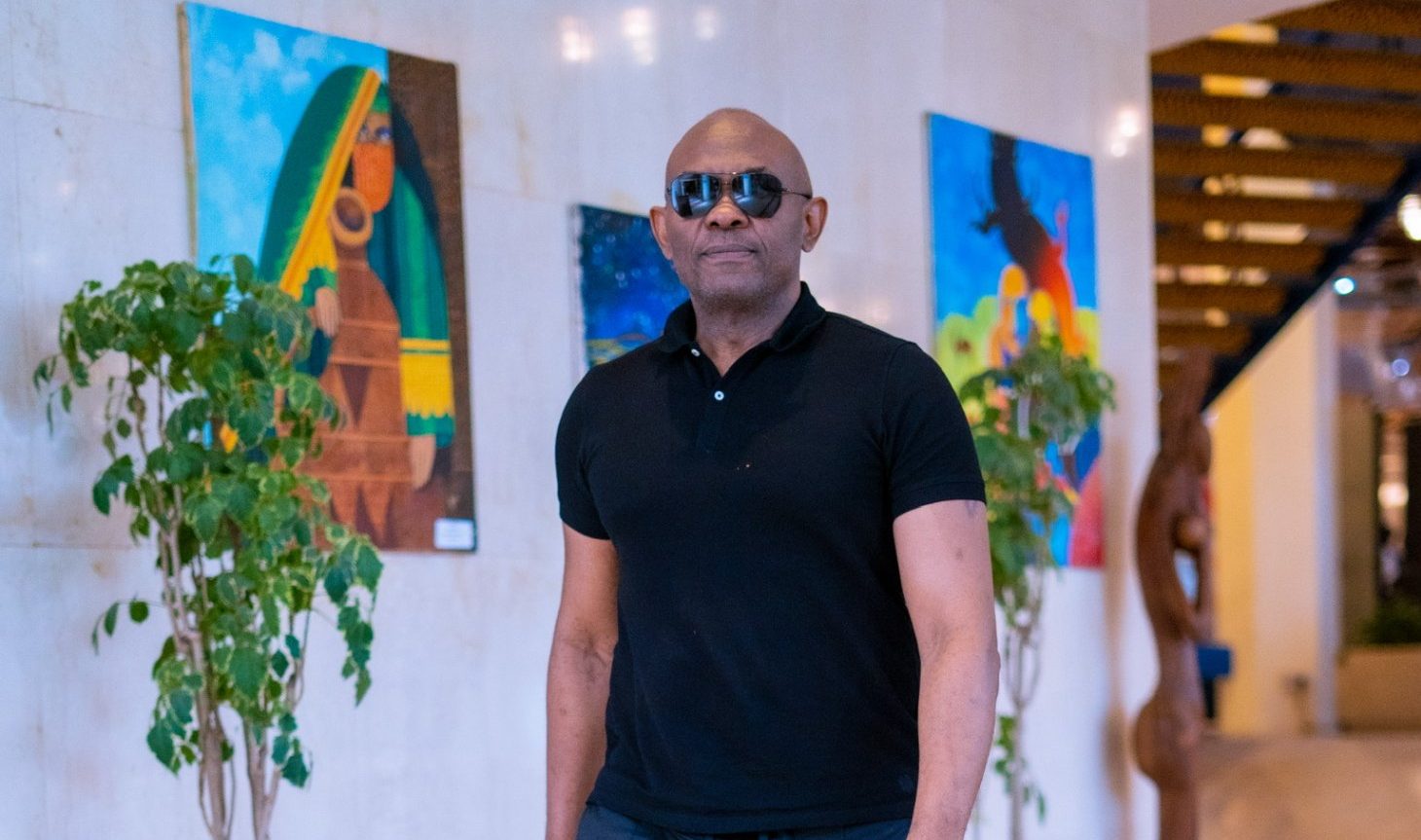

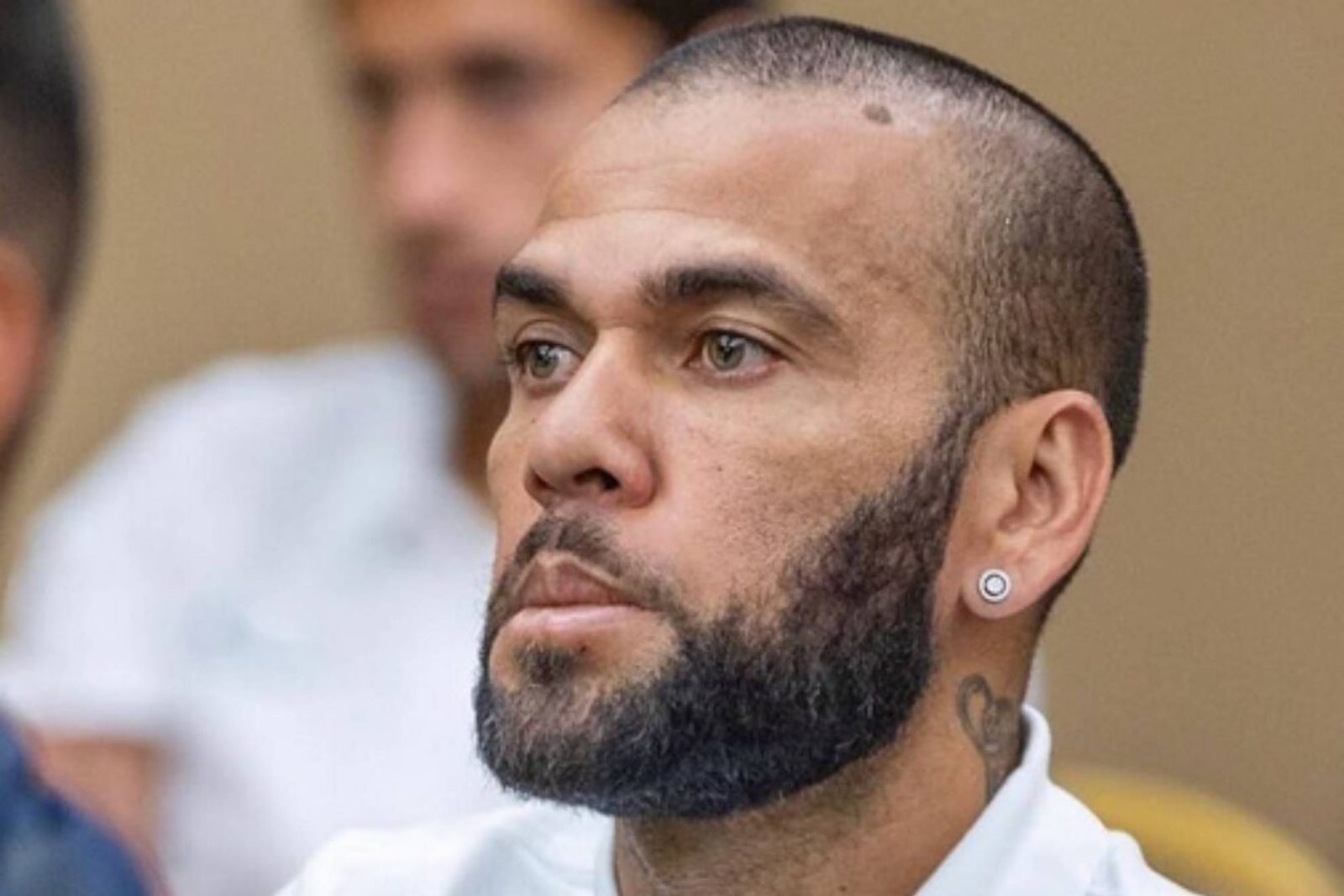


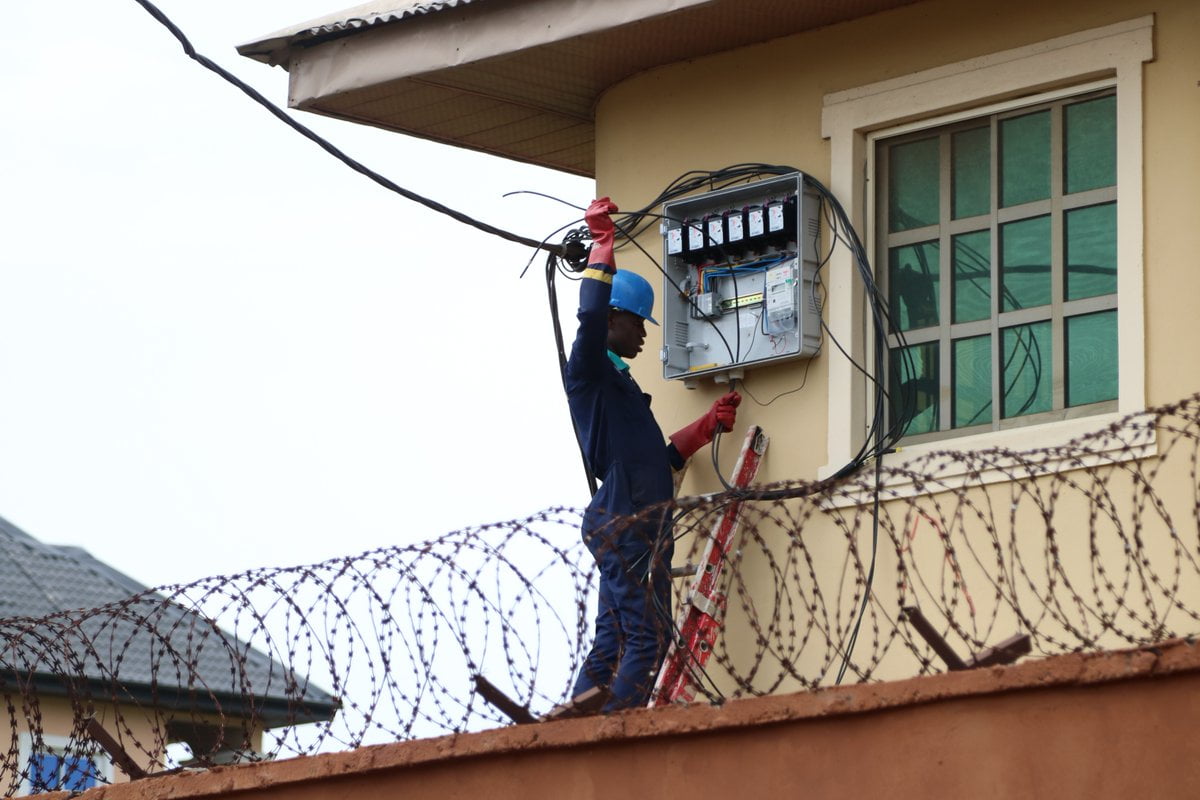
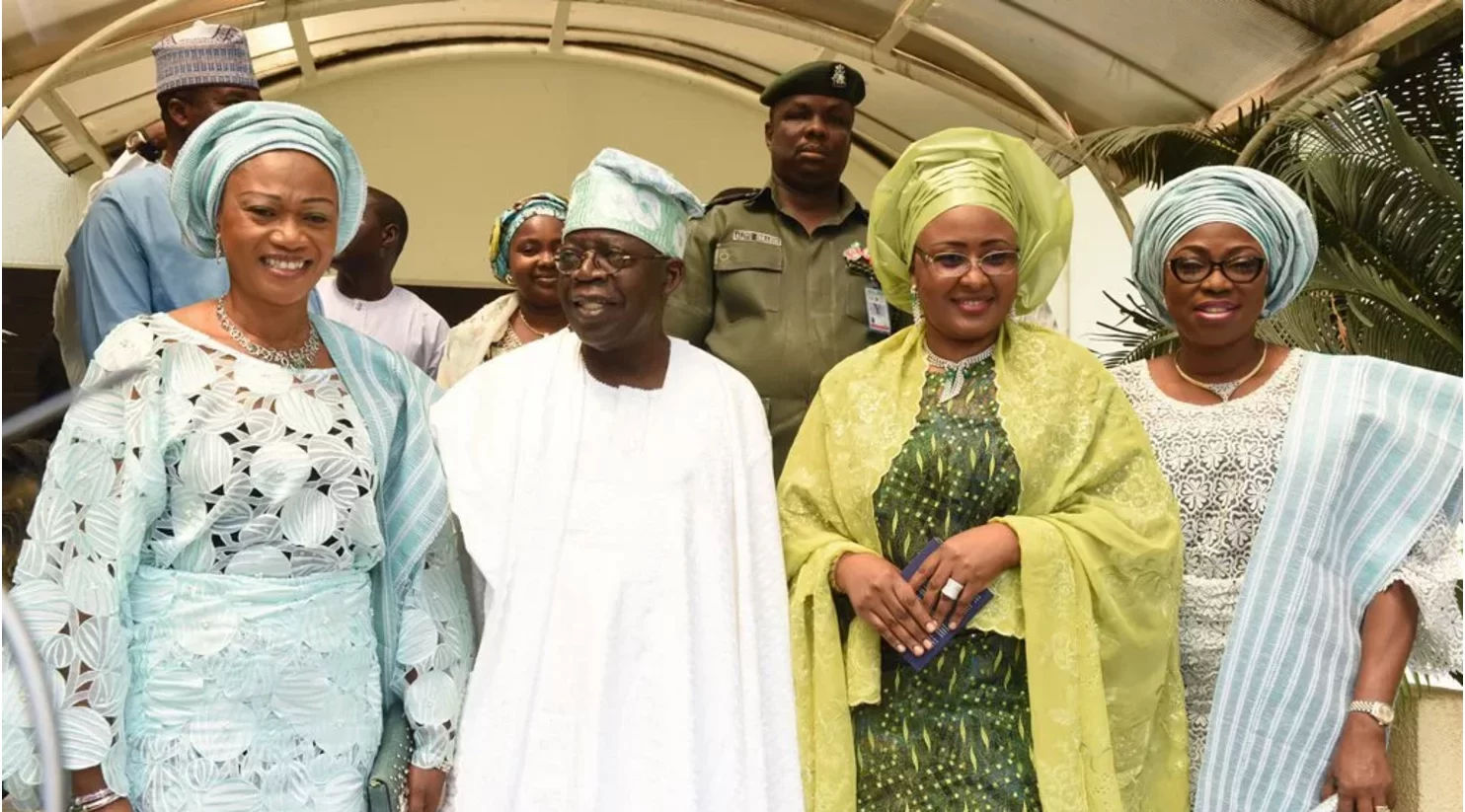

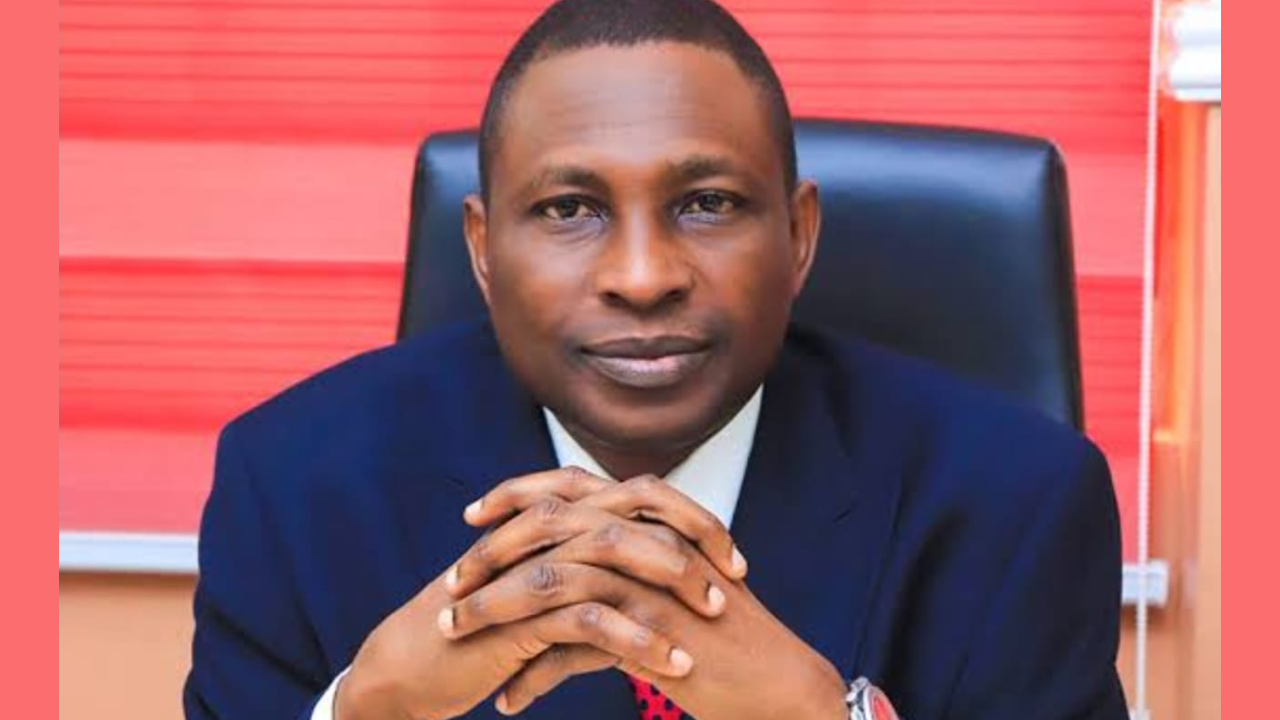
Leave a comment